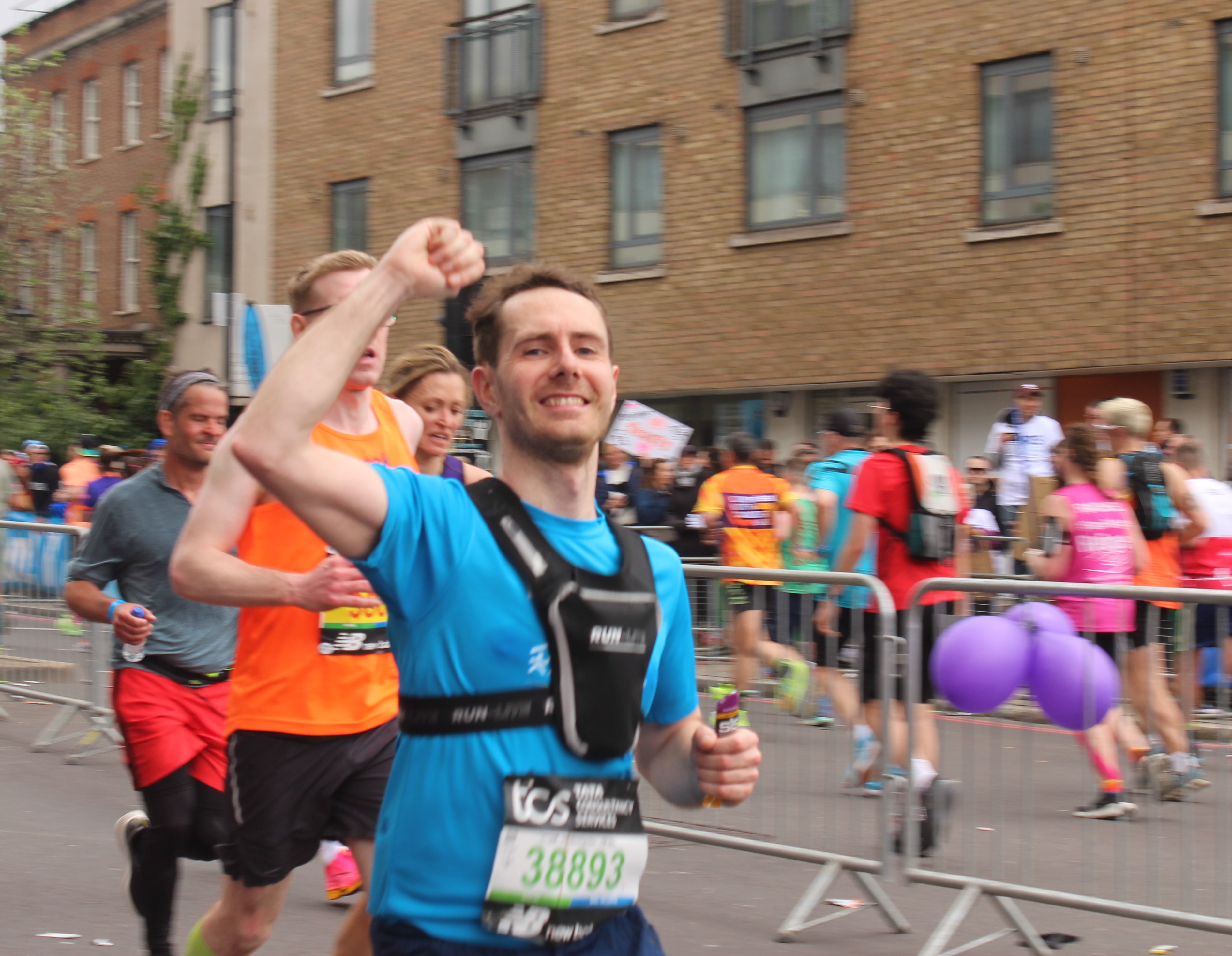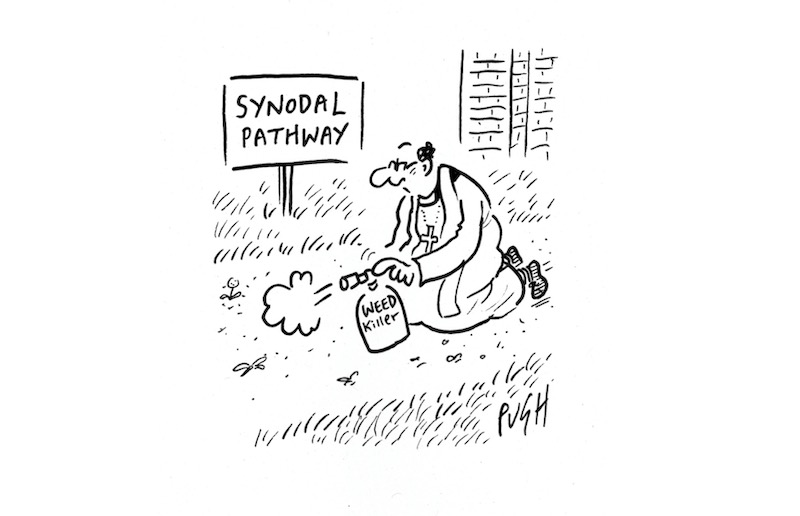The Catholic Church “needs a new missionary movement” according to Cardinal Mario Grech, Secretary General of the Synod of Bishops.
Speaking to The Tablet at Knock Shrine in Co Mayo, where he delivered the keynote address at the conference, “Synodality Explored: Facing the Future Together”, he said, “Even places like Ireland and my home country, Malta, which both have a strong catholic tradition, need a new evangelisation.”
Cardinal Grech said it was his personal conviction that this applied to the whole Church.
“Hopefully through synodality we can learn how to understand better what is the will of God for humanity today and have the will and courage to announce it.”
Asked about the Irish Church’s Synodal Pathway, he said he was “happy and glad” that a national synod was taking place in Ireland and that the bishops wished to share and learn about synodality from the wider process underway in the universal Church.
In his address, the Maltese prelate said his reflection was intended to help churches and the bishops who lead them “not to be afraid to set out on the path of synodality”.
He said the “synodal process is founded on a principle of restitution, (bringing it back to communities) which activates a process of continuous circularity.”

Cardinal Grech at Knock. Photo courtesy of Knock Shrine.
In his address to representatives from dioceses and religious groups from around Ireland, Cardinal Grech said, “There is no shortage of those who claim that these are cosmetic statements. In reality, the verticalist and centralising logic that has been in force in the Church of Rome for centuries has not changed.”
But he underlined that those who support this thesis “do not understand the synodal dynamic, which is founded on two principles that are in balance only on the condition of continuous circularity: diversity and unity. Unity is not uniformity; diversity is not division.”
Also speaking to The Tablet, the facilitator of the Knock conference, Prof Eamon Conway of Notre Dame University Australia, who is an adviser to the General Assembly of the Synod of Bishops, suggested that circularity was about “the way different parts of the body of Christ have of mutually enriching each other. So, in a sense what happens in Mombasa is significant in Mayo.”
According to Prof Eamon Conway one of the key issues for the Church will the question of accepting that non-bishops have votes.
“Non bishops had votes at the last [assembly] but that is not accepted by everybody. It was accepted by 80 per cent of those who are present which means a majority of the bishops who were present; 80 per cent accepted that the path upon which Pope Francis has embarked us in terms of synodality is the right path. But this specific question of whether non-bishops should have votes in what is properly speaking a synod of bishops is one that still has to be, I think, fully accepted and embraced. It is a key issue.”
Prof Conway, who is a priest of the Archdiocese of Tuam, said he believed the choice facing the church is between synodality and schism.
“If synodality doesn’t work we will have schism in the global Church. If synodality doesn’t work in some of our local churches – like Ireland – we won’t have schism, but we will have decay. I believe that the universal Church can only hold together by getting the balance and the relationship right between unity and diversity – uniformity is no longer an option,” he said.
Fr Declan Hurley of the Diocese of Meath spoke to the conference on the theme, “Being Synodal in Dioceses and Parishes’”. He said that while some parish councils can be very co-responsible, it was not always the case.
Speaking to The Tablet, Fr Hurley said the basic premise of synodality is that it involves the entire People of God.
“This is not about a small group of theologians sitting together in a very rarified atmosphere, deciding that our Church is going to be synodal. This is about the People of God having a conversation, conscious that it is the Spirit that is speaking.”
“It is about creating the conditions in our Church where people become aware that by virtue of their equal dignity in baptism, that they can speak and that they are entitled to be listened to.
“That is why, as a Church here in Ireland on a synodal pathway, if it is not at the local level, it is not going to be an authentic synodal pathway. It has to come from what people are articulating at local level about their needs, hopes and fears – all of that has to be articulated at local level so that it can be discerned. And then it needs to be circled back then from the centre back to local level to ask, have we heard what has been said? It is about beginning at local level to hear what the Spirit is saying through the People of God.”



 Loading ...
Loading ...